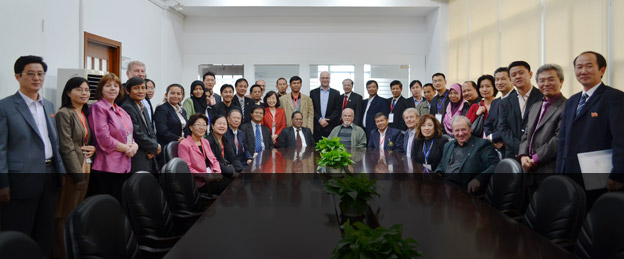The role of artificial intelligence in skilled work and consequences for vocational training
Artificial intelligence (AI) has long been a present-day topic and is having an impact on the economy, society, skilled work and the work environment. However, there... Read more.

Standards – an instrument to enhance the quality of TVET teacher training
Standards with a focus on learning and supporting measurable learning processes including their outcome have been under discussion since several decades. In the... Read more.
